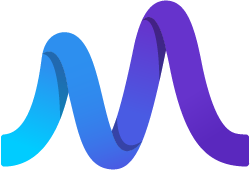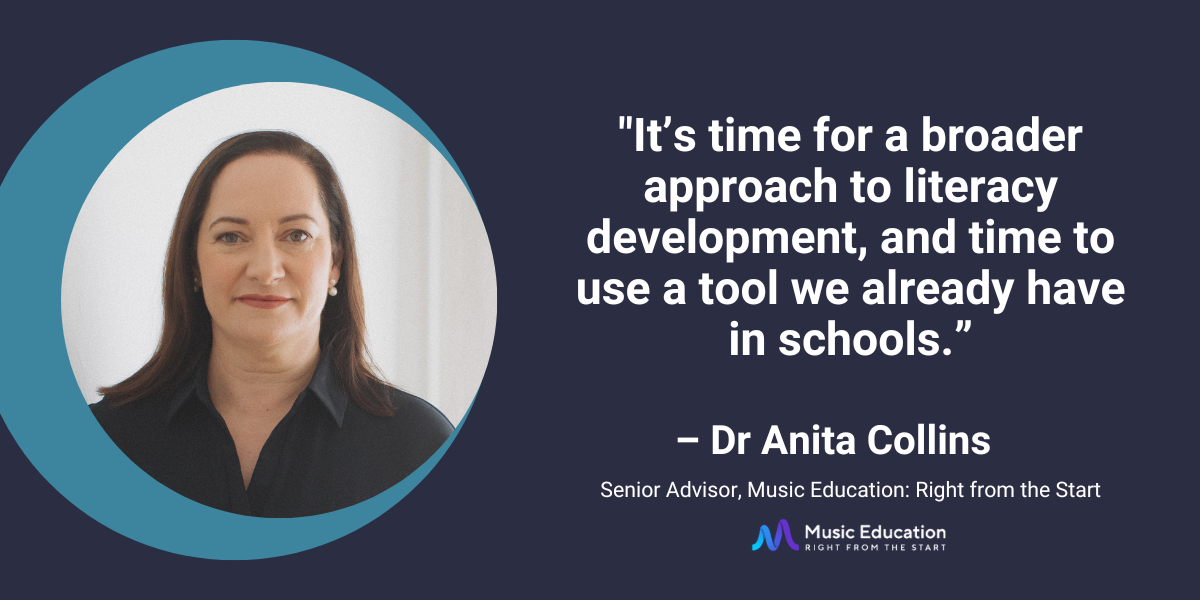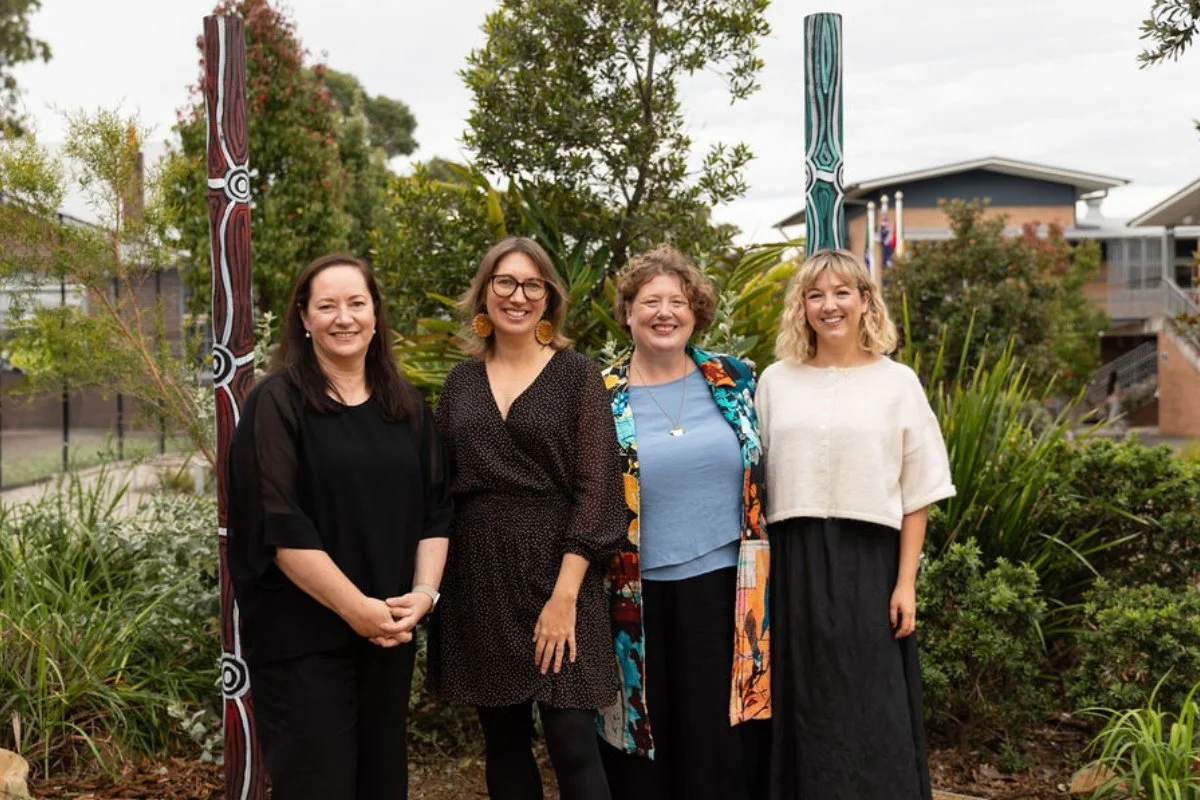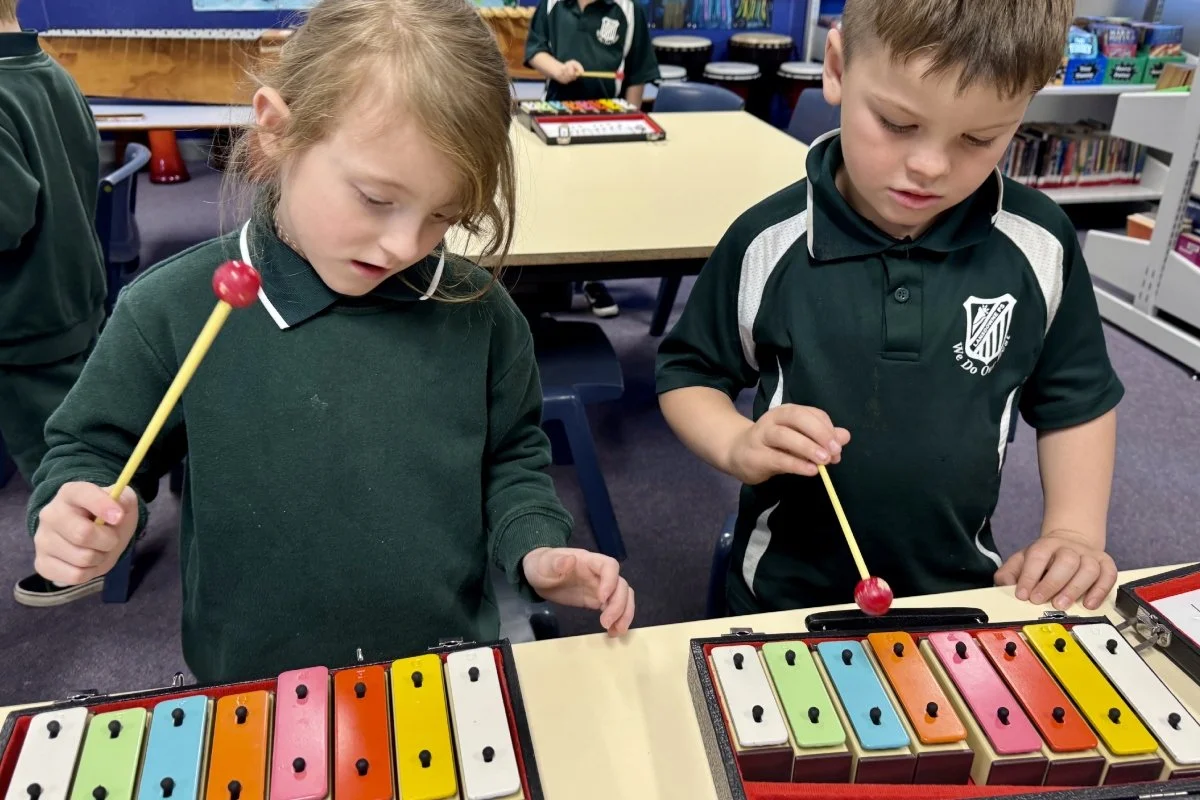It’s time to reframe the literacy and numeracy conversation
NAPLAN results spark calls for change — but music education is a key tool we’re still ignoring
The 2024 NAPLAN results reveal ongoing challenges in Australian education, with ABC News reporting one in three students is not meeting literacy and numeracy benchmarks.
But as education experts have rightly pointed out, the annual literacy and numeracy test for students in Years 3, 5, 7, and 9 offers only a narrow snapshot – one that may not best reflect the full picture of student learning or needs.
Dr Sally Larsen from the University of New England told ABC news that NAPLAN’s focus on numeracy and literacy overlooks other important learning areas:
“NAPLAN assesses only literacy and numeracy skills of children from Year 3 to Year 9. While these are important and foundational skills for many other academic domains, literacy and numeracy are not the only important areas of learning in schools,” she said.
“What about creative arts? History? Music? Physical Education? Drama? Even science is not a central focus of annual NAPLAN testing.”
Despite the highest NAPLAN participation since 2017, results have flatlined, with nearly 500,000 students performing below expectations and over 10% needing extra support. The data also highlights persistent inequities for First Nations students, those in regional areas, and disadvantaged families.
Tackling this deepening crisis calls for more than a narrow focus on test scores. As Dr Larsen highlighted, a well-rounded education is essential to supporting students’ core academic development.
Among these learning areas, research has shown a quality, sequential and ongoing music education is linked to improved academic outcomes, increased student engagement, and greater wellbeing. It actively builds cognitive skills that underpin success in literacy and numeracy, suggesting it could play a crucial role in addressing Australia’s declining NAPLAN results.
Yet despite being part of the national curriculum, music learning is often missing from schools – sidelined by underfunding, crowded timetables, and a lack of well-trained teachers.
Elevating the place and purpose of music education within schools offers an evidence-based approach to improved student outcomes while supporting a well-rounded education that prepares students for lifelong learning.
For Music Education: Right from the Start’s senior advisor, neuromusical researcher Dr Anita Collins, music is not a distraction from core learning – it’s a key driver of it.
"Yesterday’s NAPLAN results will spark more talk about literacy. But let’s not forget, literacy isn’t just about reading. It’s about a brain that’s ready to read. Decades of research and on-the-ground experience show that learning music supports learning language,” she says.
“It’s time for a broader approach to literacy development, and time to use a tool we already have in schools.”






